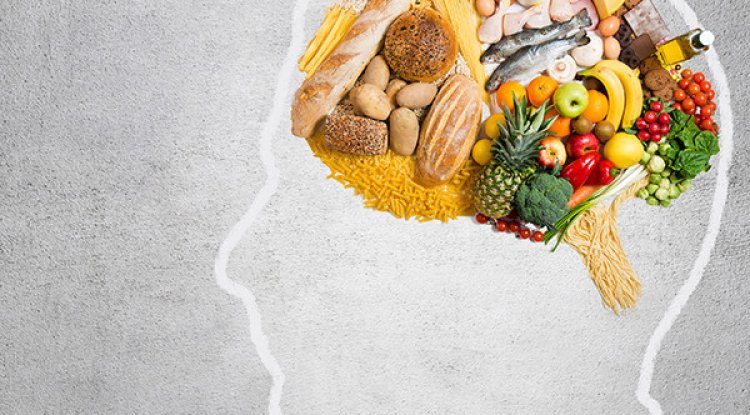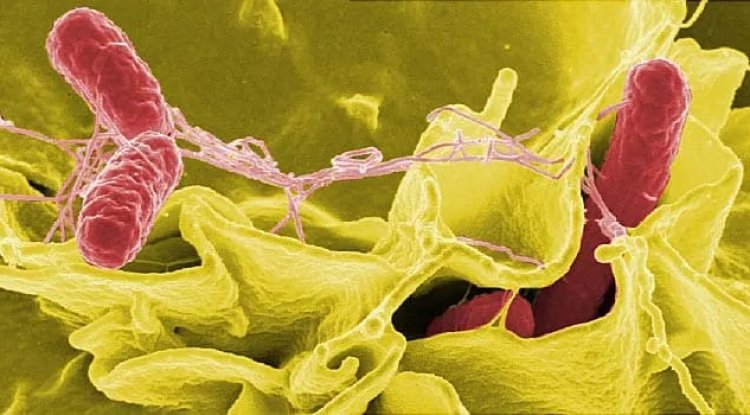Can Fiber-Full Eating Lower Cholesterol and Promote Good Health?
Those who have been instructed to consume more fiber are not the only ones. Although the American Heart Association and FDA suggest consuming at least 25 grams of dietary fiber daily, few people are hitting 20. Not only is it a missed goal on the nutrition chart, but so is the opportunity for better health, more stable energy, and longer life.

But let's back up. What's fiber exactly? What makes it so significant?
What Exactly Is Dietary Fiber?
Think of fiber as the unrefined savior of plant-based foods. Our bodies are unable to fully digest roughage, which is a type of carbohydrate. Sugar or starch doesn't convert into glucose, unlike fiber. Why? In its place, it directs the flow of other nutrients throughout your body.
Fiber is classified into two primary categories:
A gel-like substance is produced in your gut due to soluble fiber, which can affect digestion, regulate blood sugar levels, and trap fats before being absorbed. Translation? Lower cholesterol, more stable energy. Soluble fiber, including oatmeal, beans and lentils, apples and citrus fruits.
The digestive tract's "broom" is made up of insoluble fiber, which contributes to the smooth flow of stool. Think of whole grains, vegetables, beans, and lentils.
If you want to avoid overeating, both types of superpower can help you feel full for a longer period than most people realize.
Why is Fiber considered a superior sexual option?

According to researchers, fiber is more than just a means of keeping you healthy; it is also linked with nearly all other markers of long-term health. The Lancet published a comprehensive study that combined data from over 240 research trials and 4,600 participants. The findings? Individuals with higher fiber intake:.
Lower cholesterol.
Lower blood sugar levels and pressure?'
Healthier body weight.
Lower incidence of heart disease, stroke, diabetes, and some cancers.
The outcome is positively correlated with the amount of fiber consumed. It was a straight line, not merely an imaginary one. More fiber, better health.
The Carb Confusion.
Here's where things get tricky. The majority of people choose not to consume carbs to shed weight, only to reduce fiber consumption without realizing it. Carbohydrates are not the sole enemy. The consumption of whole grains, beans, fruits, and vegetables is beneficial for maintaining a healthy diet as it provides fiber along with vitamins and minerals.
The consumption of beans can initially induce gas. Despite the discomfort in the short term, the benefits of body adaptation are worth it. Take a step back and use diluted anti-gas medication like simethicone until your body is used up.
A quick and easy way to prepare a fiber-rich meal.
:max_bytes(150000):strip_icc()/HighFiberFoods-1a7becac5bdb4161b4a3eca79ed403e0.jpg)
Getting 25 grams daily is not a complicated or expensive endeavor. Get your fiber fix in just one meal with this simple Mediterranean-style mix:.
Red lentils can be cooked by boiling and soaking 1 cup water in 3 cups for 15 minutes. Garnish with fresh herbs, sea salt and lemon juice.
Mix a mixture of mixed greens, cherry tomatoes and cucumber in olive oil, lemon juice, salt, and pepper to make.
Wrapped in whole-wheat, lentils and a side of salad with hummus.
Other options that are delicious: olives, artichokes, sundried tomatoes, or baba ganouj.
It contains about 12 grams of fiber plus plant protein, iron and potassium.a single meal....?
The Bottom Line.
When it comes to lowering cholesterol, regulating blood sugar, maintaining weight, and minimizing disease risk, fiber is the key. Why? Disregard the tacky depiction of "roughage" from previous times.. Eating foods that are high in fiber can be hearty, delicious, and utterly satisfying.
It's simple, eat an array of fruits and vegetables all the time, swap refined carbs for whole grains like beans, lentils or nuts and seeds. Engaging in a routine that includes 25 grams of fiber daily can transform your lifestyle.'".
What's Your Reaction?




















